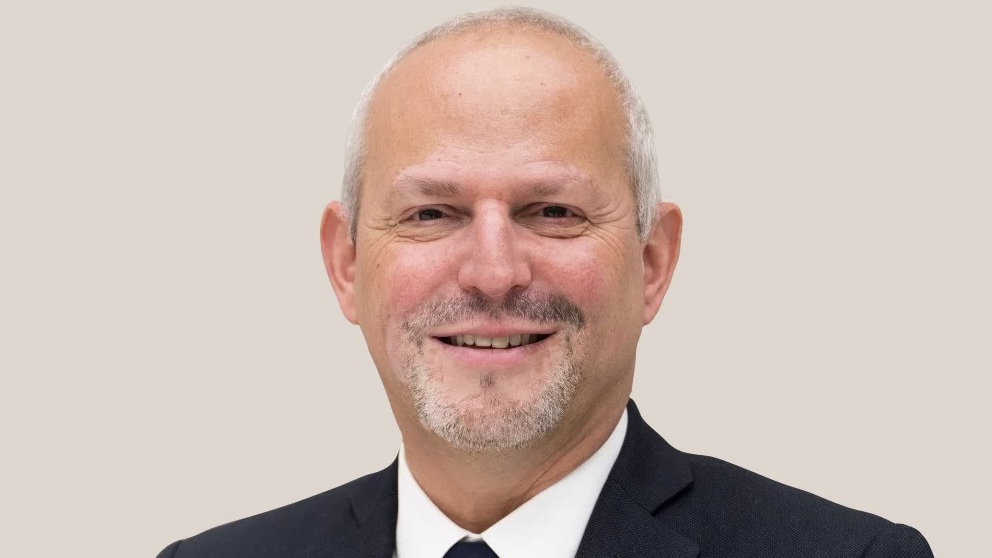
Jérôme Salomon: World Health Organization calls for global expansion of midwifery models of care
Jérôme Salomon, Assistant Director General of World Health Organization, shared a post on LinkedIn:
“World Health Organization calls for global expansion of midwifery models of care. Trusted midwives key to saving lives, improving health, and ensuring respectful care for women and newborns, says new guidance.
The WHO today released new guidance to help countries adopt and expand midwifery models of care – where midwives serve as the main care provider for women and babies throughout pregnancy, childbirth, and the postnatal period.
The guidance promotes strong communication and partnership between women and midwives, and offers proven health benefits for both women and their babies.Women who received care from trusted midwives are statistically more likely to experience healthy vaginal births and report higher satisfaction with the services they receive
Despite progress, maternal and newborn deaths remain unacceptably high—particularly in low-income and fragile settings. Recent modelling suggests that universal access to skilled midwives could prevent over 60% of these deaths, amounting to 4.3 million lives saved annually by 2035. Midwifery care models emphasize informed choice as well as communication and non-invasive techniques—such as mobility during labor, breathing guidance, varied birthing positions and emotional support— that seek to empower women, and reduce the likelihood of invasive procedures.
Midwifery models of care are also an important response to the growing concern of over-medicalization in childbirth. While medical interventions such as caesarean sections, inductions, and use of forceps are essential and life-saving when clinically indicated, their routine or excessive use creates short and long-term health risks. In some countries, caesarean rates now exceed 50%, suggesting high rates of medically unnecessary procedures.
The new guidance provides practical tools and real-life examples to help countries structure a transition toward midwifery models of care. As part of this process, it calls for strong political commitment, strategic planning and long-term financing for implementation — with dedicated budget lines. It also stresses the importance of high-quality midwifery regulation and education in line with international standards, supporting autonomous, evidence-based practice.
Successful implementation requires strong collaboration, the guidance notes. Midwives should be empowered to work independently while also integrated into broader healthcare teams alongside doctors and nurses. In the event of complications, midwives should be able to work in partnership with these other professionals to ensure quality multidisciplinary care for every woman and baby.
Globally, millions of women still give birth without a skilled health worker by their side, and one-third do not receive even 4 of WHO’s recommended 8 pregnancy checks. Progress in reducing maternal and newborn mortality has largely stagnated since 2016. Read more.”
More psots featuring Jérôme Salomon.
-
Challenging the Status Quo in Colorectal Cancer 2024
December 6-8, 2024
-
ESMO 2024 Congress
September 13-17, 2024
-
ASCO Annual Meeting
May 30 - June 4, 2024
-
Yvonne Award 2024
May 31, 2024
-
OncoThon 2024, Online
Feb. 15, 2024
-
Global Summit on War & Cancer 2023, Online
Dec. 14-16, 2023
